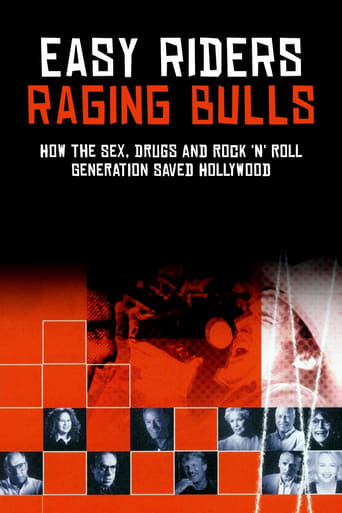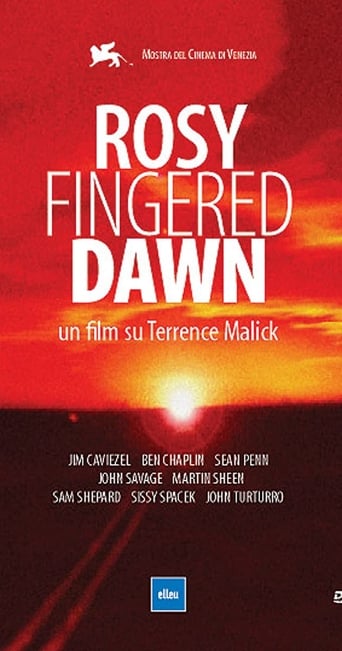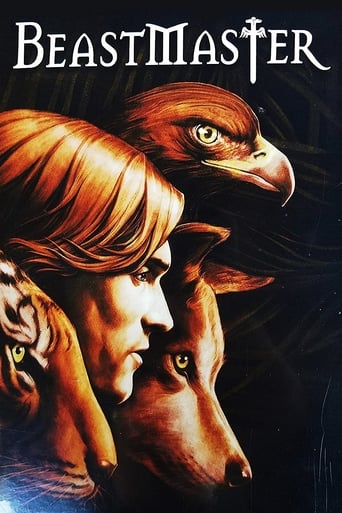

Arthur Penn
From Wikipedia, the free encyclopedia. Arthur Hiller Penn was an American film director and producer with a career as a theater director as well. Penn amassed a critically acclaimed body of work throughout the 1960s and 1970s. After making a name for himself as a director of quality television dramas, Penn made his feature debut with a western, The Left Handed Gun (1958). A retelling of the Billy the Kid legend, it was distinguished by Paul Newman's sharp portrayal of the outlaw as a psychologically troubled youth. Warner Brothers reedited the film against his wishes with a new ending he disapproved of. The film subsequently failed upon release in North America, but was well received in Europe. Penn's second film was The Miracle Worker (1962), the story of Anne Sullivan's struggle to teach the blind and deaf Helen Keller how to communicate. It garnered two Academy Awards for its leads Anne Bancroft and Patty Duke. Penn had won a Tony Award for directing the stage production, also starring Bancroft and Duke. In 1965 Penn directed Mickey One. Heavily influenced by the French New Wave, it was the dreamlike story of a standup comedian (played by Warren Beatty) on the run from sinister, ambiguous forces. Penn's next film was The Chase (1966) a thriller following events in a small corrupt Southern town on the day an escaped convict, played by Robert Redford, returns. Although not a major success, The Chase nonetheless caught the mood of the turbulent times, a 'state of the nation' tale of racism and corruption. Reuniting with Warren Beatty for the rural gangster film Bonn... more
Read bio at tmdb | Read bio at Wikipedia
- Born:
- Sep 27, 1922 In Philadelphia, Pennsylvania, United States
- Movie/TV Credits:
- 12
- First Appeared:
- In the movie Hello Actors Studio 1988-11-09
- Latest Project:
- Movie Faye 2024-05-15
| Movie | Faye | Self - Director, Bonnie and Clyde (archive footage) | 2024-05-15 |
| Movie | Revolution! The Making of 'Bonnie and Clyde' | Self | 2008-03-25 |
| Movie | Edge of Outside | Self | 2006-06-11 |
| Movie | Filmmakers in Action | Self | 2006-09-15 |
| Movie | Filmmakers vs. Tycoons | Self | 2005-07-17 |
| Movie | Easy Riders, Raging Bulls: How the Sex 'n' Drugs 'n' Rock 'n' Roll Generation Saved Hollywood | Self | 2003-03-09 |
| Movie | Rosy-Fingered Dawn: A Film on Terrence Malick | Self | 2002-09-01 |
| Movie | In the Shadow of Hollywood | Self | 2000-01-01 |
| Series | BeastMaster | Unknown | 1999-10-09 |
| Series | Inside the Actors Studio | Unknown | 1994-08-14 |
| Movie | Naked in New York | Self | 1993-11-10 |
| Movie | Hello Actors Studio | Self | 1988-11-09 |


